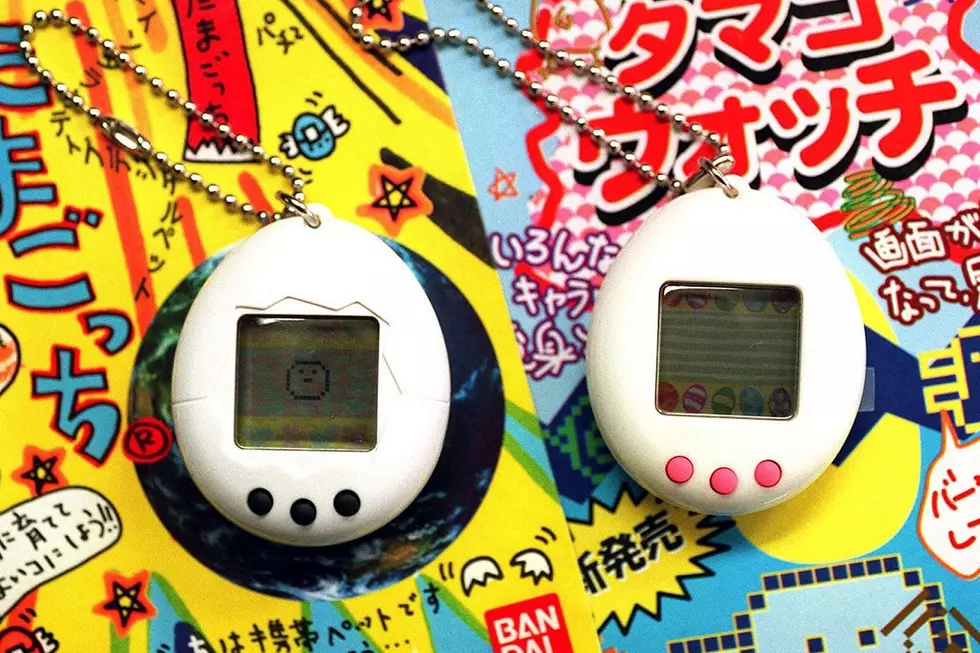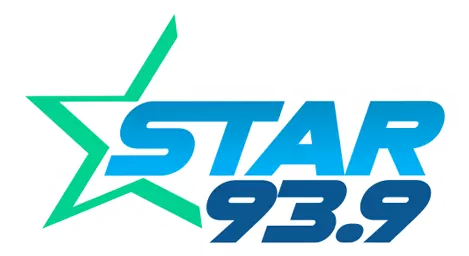
National Consumer Protection Week
New York State Electric & Gas (NYSEG) and Rochester Gas and Electric (RG&E) this week join Utilities United Against Scams (UUAS) to recognize National Consumer Protection Week, which aims to educate customers on how they can guard against becoming victims of impostor utility scams.
Throughout the COVID-19 pandemic, scammers have increased calls, texts, emails and in-person tactics, and they continue to contact utility customers asking for immediate payment to avoid service disconnection.
NYSEG and RG&E accept a variety of payment methods and will never demand customers to purchase pre-paid debit cards to make payments. Customers are urged to never give out personal or account information. Through its work and with the help of customer reporting, UUAS has succeeded in taking out of operation more than 10,000 toll-free numbers used by scammers against utility customers.
Customers should be aware of some of the known scammer tactics:
- Fraudulent phone numbers: Scammers are claiming the phone number is different than the number listed on the utility bill due to remote work status.
- Fraudulent emails and texts: Scammers are using digital correspondence to portray themselves as the utility.
- Door-to-door imposters: Scammers are claiming they are responding to reports that scammers are in the neighborhood.
Types of scams that customers should look out for include:
- Disconnection threat: Someone posing as a utility representative aggressively tells the customer their account is past due and the service will be disconnected if immediate payment is not made —Typically using a prepaid debit card or another non-refundable form of payment.
- Meter payment: The caller or in-person scammer instructs the customer to pay with cash or a prepaid debit card to cover the costs of a new meter or meter upgrade.
- Information request: The caller insists that a recent payment encountered a system glitch and was not completed—the scammer then asks the customer to make a false payment using a prepaid debit card or by providing personal account information.
Safety tips for customers:
- The companies will never demand customers to purchase debit cards such as Green Dot cards to make payments. NYSEG and RG&E accept a variety of payment methods and Customer Care representatives will work with individual customers to help them pay down outstanding balances and maintain service.
- NYSEG and RG&E have temporarily suspended disconnections related to non-payment. Therefore, any call threatening disconnection is a sure sign of a scam.
- If unsure of the identity of the caller, ask for the last five digits of the account. If they do not have this information, hang up and alert local authorities. Never give out personal or account information to a caller.
- NYSEG and RG&E employees and contractors carry company-issued photo ID with a unique employee number. Ask for ID before providing personal or account information or granting access to your property. If you are not certain, call to confirm using the number on your bill or the company’s website.
- Be suspicious of unexpected emails from NYSEG or RG&E, especially if you’re not an eBill customer, and think twice before clicking links.
- When making a payment by phone, always use the company’s automated services phone numbers. NYSEG customers can call 800.600.2275. RG&E customers can call 800.295.7323.
Customers who suspect that they have been victims of fraud or who feel threatened during contact with a scammer should notify NYSEG or RG&E and law enforcement authorities. The Federal Trade Commission’s website also provides additional information about protecting personal information and other information regarding impostor scams.
LOOK: Here are 25 ways you could start saving money today
More From Star 93.9







![5 Creepy, Abandoned Places, Some Haunted, All But Forgotten in New York [GALLERY]](http://townsquare.media/site/39/files/2021/02/Purple-and-Orange-60x36-Landscape-Voters-Education-Banner1.jpg?w=980&q=75)

